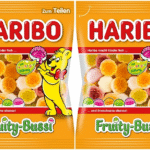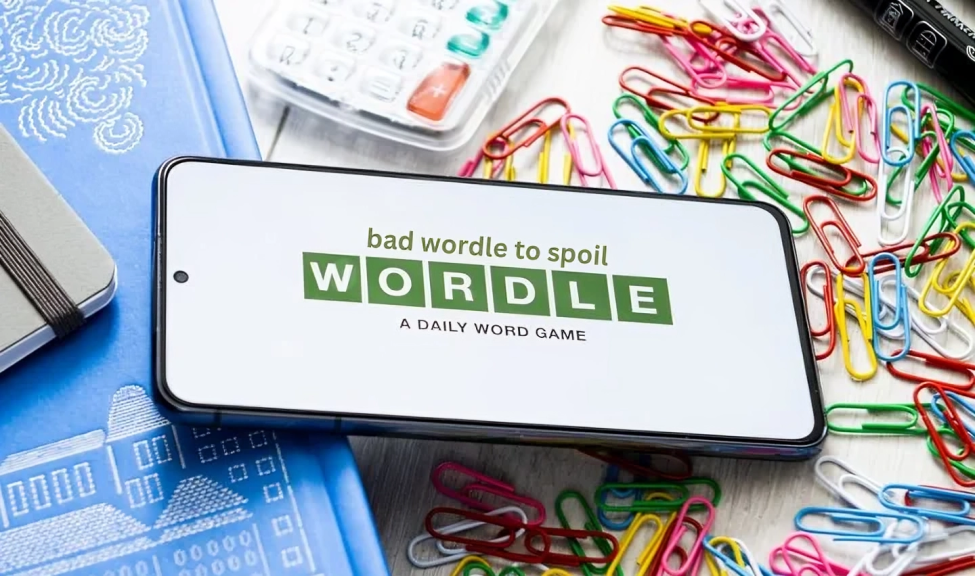Introduction to Word Puzzles and Wordle
Are you a word puzzle enthusiast who loves the thrill of unraveling hidden words and cracking codes? If so, then you’re likely familiar with the addictive online game Wordle that has taken the digital world by storm. However, amidst the excitement of solving these mind-teasing puzzles lies a lurking menace – bad Wordle spoilers. Join us as we delve into how these spoilers can turn the joy of playing Wordle into a frustrating experience, robbing players of the fun and challenge they seek. Let’s uncover the impact of these spoilers on our mental stimulation, critical thinking skills, social interactions, and community building within this captivating word game realm.
The Rise of Wordle Spoilers
Word puzzles have always held a special place in our hearts, challenging our minds and offering a satisfying sense of accomplishment when we crack the code. In recent times, Wordle has taken the internet by storm with its simple yet addictive gameplay. However, with great popularity comes great responsibility – or rather, the rise of Wordle spoilers.
As more players join the Wordle craze, the temptation to share solutions and spoilers on social media platforms grows stronger. What may start as innocent sharing can quickly escalate into widespread reveals that take away from the thrill of solving each puzzle independently. The allure of being part of a community discussing solutions can sometimes overshadow the joy of figuring things out on your own.
Word puzzles are meant to stimulate our brains and encourage critical thinking skills. By relying on spoilers, we deprive ourselves of this mental exercise and rob ourselves of the opportunity to sharpen our problem-solving abilities.
The challenge lies not only in finding the right words but also in resisting the urge to seek out shortcuts or quick answers that diminish the satisfaction derived from completing each puzzle through genuine effort and deduction.
How Wordle Spoilers Can Take the Fun Out of the Game
Picture this: you’re eagerly sitting down to solve the latest Wordle puzzle, ready to put your word skills to the test. You ponder over each guess, savoring the challenge and excitement of uncovering the hidden word. But then, it happens – a bad Wordle spoiler pops up on your social media feed or in conversation with friends.
Suddenly, that sense of achievement and discovery is snatched away from you. The thrill of cracking the code is replaced with a feeling of disappointment and frustration. It’s like someone spoiling the ending of a mystery novel before you’ve had a chance to read it yourself.
Word puzzles are meant to be enjoyed at your own pace, relishing in the journey of solving them. When spoilers enter the scene, they rob you of that experience. The element of surprise diminishes, leaving you with an unsatisfying sense of completion.
Avoiding Wordle spoilers becomes a necessary task if you want to preserve the joy and thrill that come with solving these puzzles on your own terms. So next time you’re tempted to peek at hints or spoilers for that day’s Wordle game, remember – half the fun lies in unraveling the puzzle yourself!
Impact on Mental Stimulation and Critical Thinking Skills
Word puzzles like Wordle are not just about guessing words; they also play a crucial role in stimulating our minds and enhancing critical thinking skills. When we engage with these puzzles, we exercise our cognitive abilities by analyzing patterns, making connections between letters, and deducing potential solutions.
The challenge of deciphering the hidden word within a limited number of attempts pushes us to think strategically and logically. It requires us to apply problem-solving techniques, such as elimination processes and educated guesses based on previous feedback from the game.
As we tackle each puzzle, our brains get a mental workout that can improve memory retention, enhance concentration levels, and boost overall brain function. The satisfaction of unraveling a word through sheer mental effort contributes to a sense of accomplishment that further motivates us to continue challenging ourselves with more complex puzzles.
Negative Effects on Social Interaction and Community Building
Have you ever experienced the joy of discussing Wordle with friends or colleagues, comparing strategies, and celebrating collective victories? The social aspect of playing word puzzles like Wordle can foster bonds and create shared experiences. However, bad Wordle spoilers can disrupt this communal enjoyment by revealing answers prematurely.
When players are exposed to spoilers before they have a chance to solve the puzzle themselves, it diminishes the opportunity for organic conversations and interactions around the game. Instead of bonding over the challenge and thrill of deciphering words together, individuals may feel isolated in their gameplay experience.
Furthermore, the presence of spoilers can lead to a competitive atmosphere that prioritizes speed over collaboration. Rather than working collectively towards a solution, players might focus on being first to uncover the answer independently. This shift in dynamics can detract from the sense of community that word puzzles often cultivate.
In essence, while Wordle is ultimately a solo endeavor at its core, its ability to bring people together through friendly competition and mutual support should not be underestimated. By safeguarding against spoilers that dampen social interaction and community building aspects of the game, players can preserve these valuable connections for an enriched gaming experience.
Strategies to Avoid Wordle Spoilers
Are you tired of stumbling upon Wordle spoilers when all you want is to enjoy the game without any hints? Here are some clever strategies to help you avoid those pesky spoilers and keep the challenge alive.
Consider creating a separate social media account solely dedicated to Wordle gameplay. This way, you can control what content appears on your main feed and minimize the chances of seeing spoilers unintentionally.
Another effective strategy is to communicate with your fellow Wordle enthusiasts about your spoiler-free preferences. By setting clear boundaries with friends and online communities, you can maintain the element of surprise in each game.
Additionally, make use of browser extensions or apps that filter out potential spoilers from search results or website recommendations. These tools can act as a safeguard against unwanted hints while preserving the thrill of solving puzzles independently.
Alternatives to Playing with Spoilers
When it comes to playing Wordle, the thrill of solving a word puzzle without any hints or spoilers is unmatched. However, in a world where spoilers abound, maintaining the integrity of the game can be challenging.
One alternative to playing with spoilers is to create your own word puzzles. Challenge yourself by coming up with unique word combinations and sharing them with friends for an added twist. This way, you can enjoy the satisfaction of cracking a code without worrying about external influences spoiling the fun.
Another option is to join online communities or forums dedicated to discussing Wordle strategies without giving away answers. Engaging with like-minded individuals who respect the thrill of the game can enhance your experience and keep things exciting.
Conclusion: The Importance of Preserving the Fun and Challenge in Word Puzzles
Preserving the fun and challenge in word puzzles like Wordle is crucial for maintaining the enjoyment and mental stimulation these games provide. By avoiding bad Wordle spoilers, players can fully immerse themselves in the thrill of deciphering words and testing their vocabulary skills without any external influences. The community aspect of sharing strategies and celebrating victories together also thrives when everyone respects each other’s gameplay experiences.










